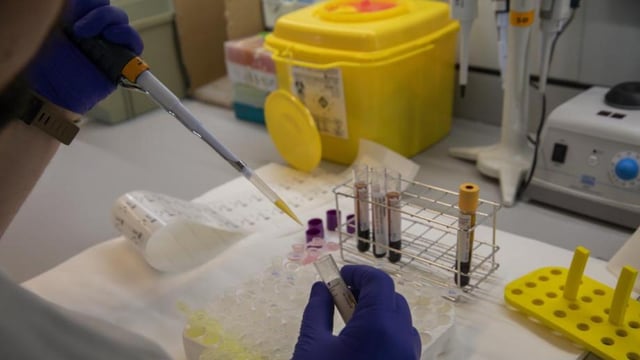Overview
- A Northwestern-led study in PNAS confirms international fraud networks operate like criminal industries churning out fake papers, authorships and citation packages
- Taylor & Francis has stopped accepting new submissions to its journal Bioengineered while it reviews nearly 1,000 articles flagged for potential manipulation
- Investigators report brokers charge hundreds to thousands of dollars for authorship positions, with premium rates for lead-author credits
- The rate of fraudulent publications now surpasses the growth of legitimate scientific output, stoking fears of contaminated meta-analyses and AI training data
- Scholars and publishers are urging stronger editorial scrutiny, advanced detection tools, indexation audits and a radical overhaul of academic incentives

